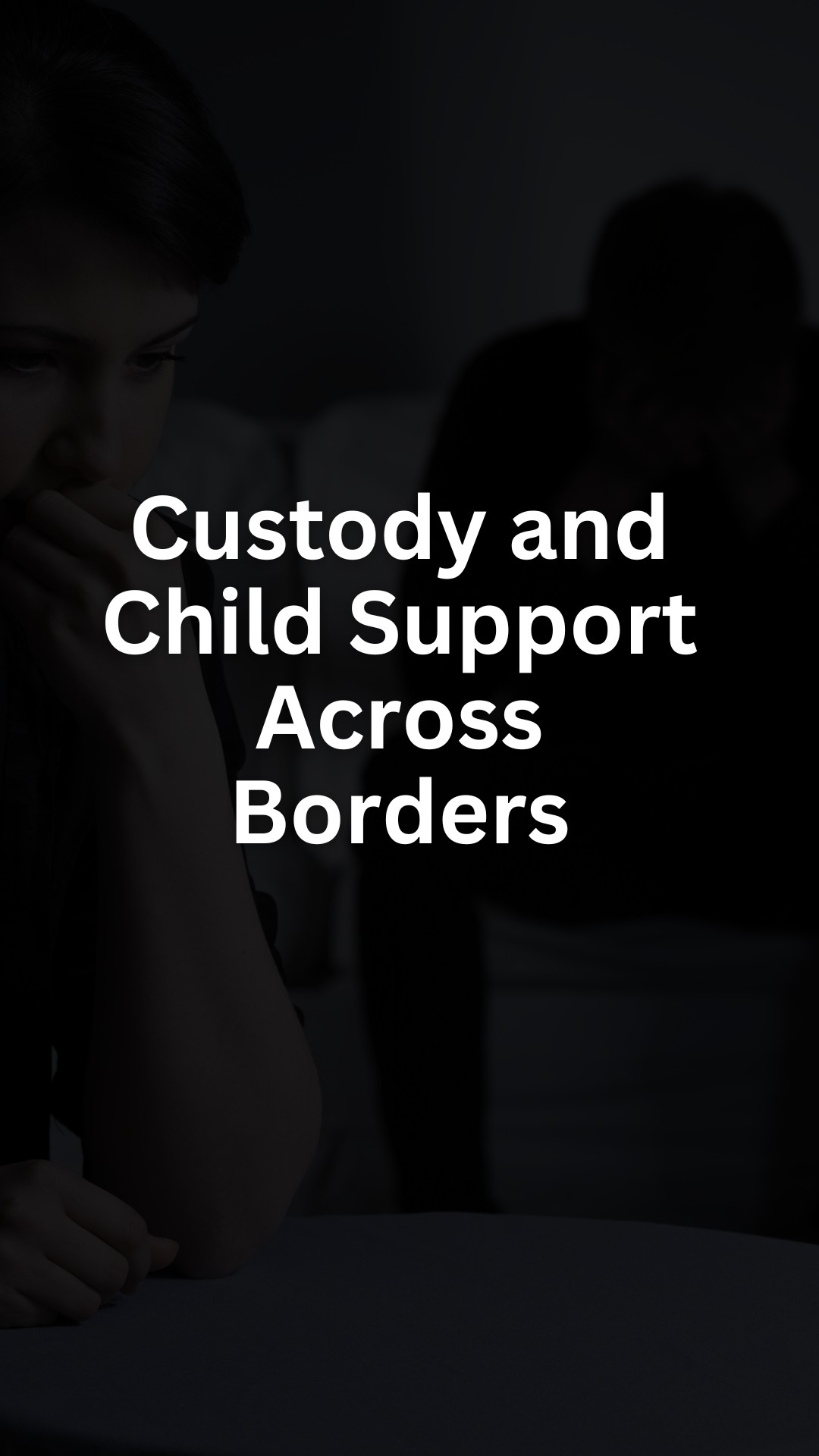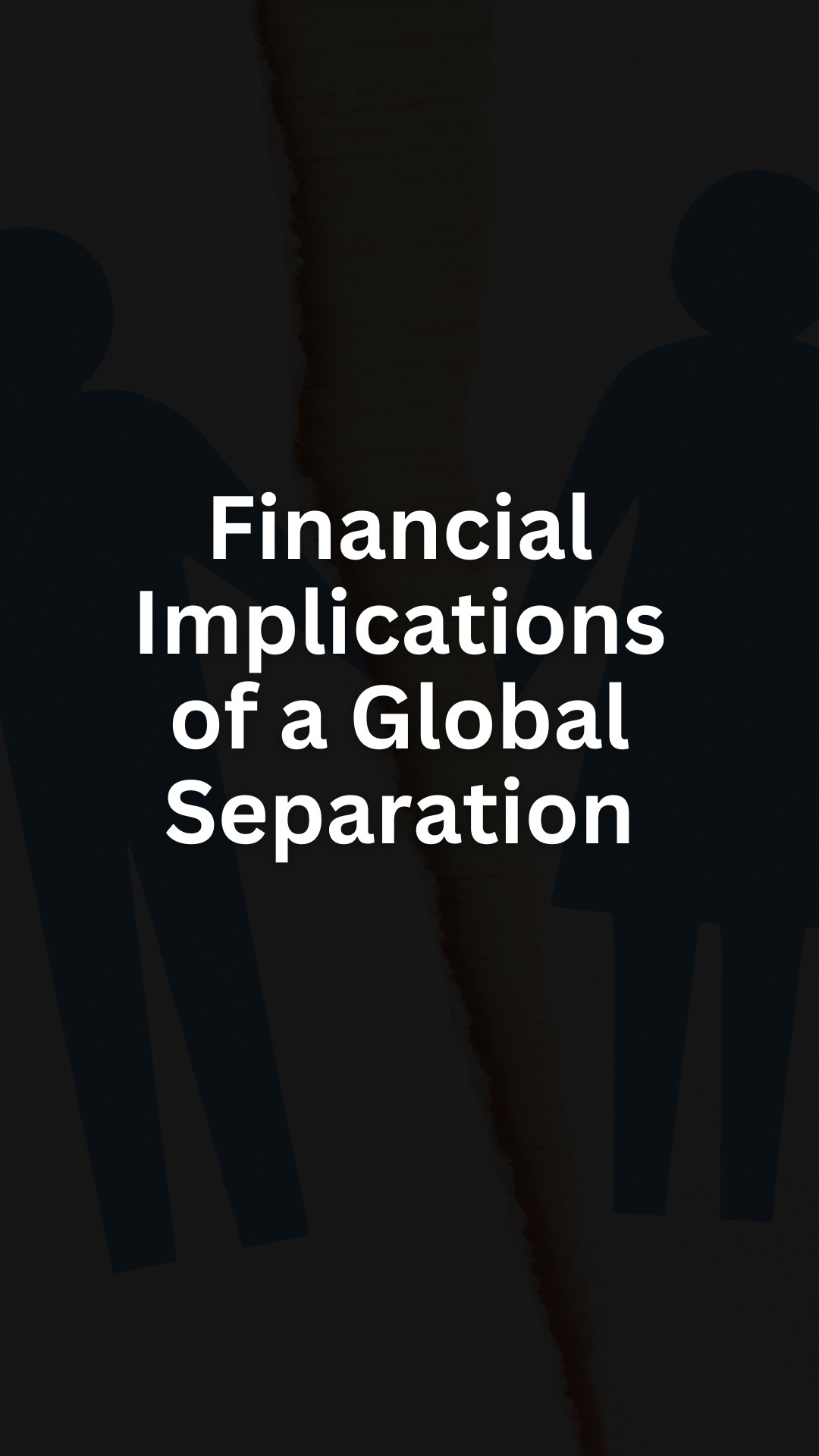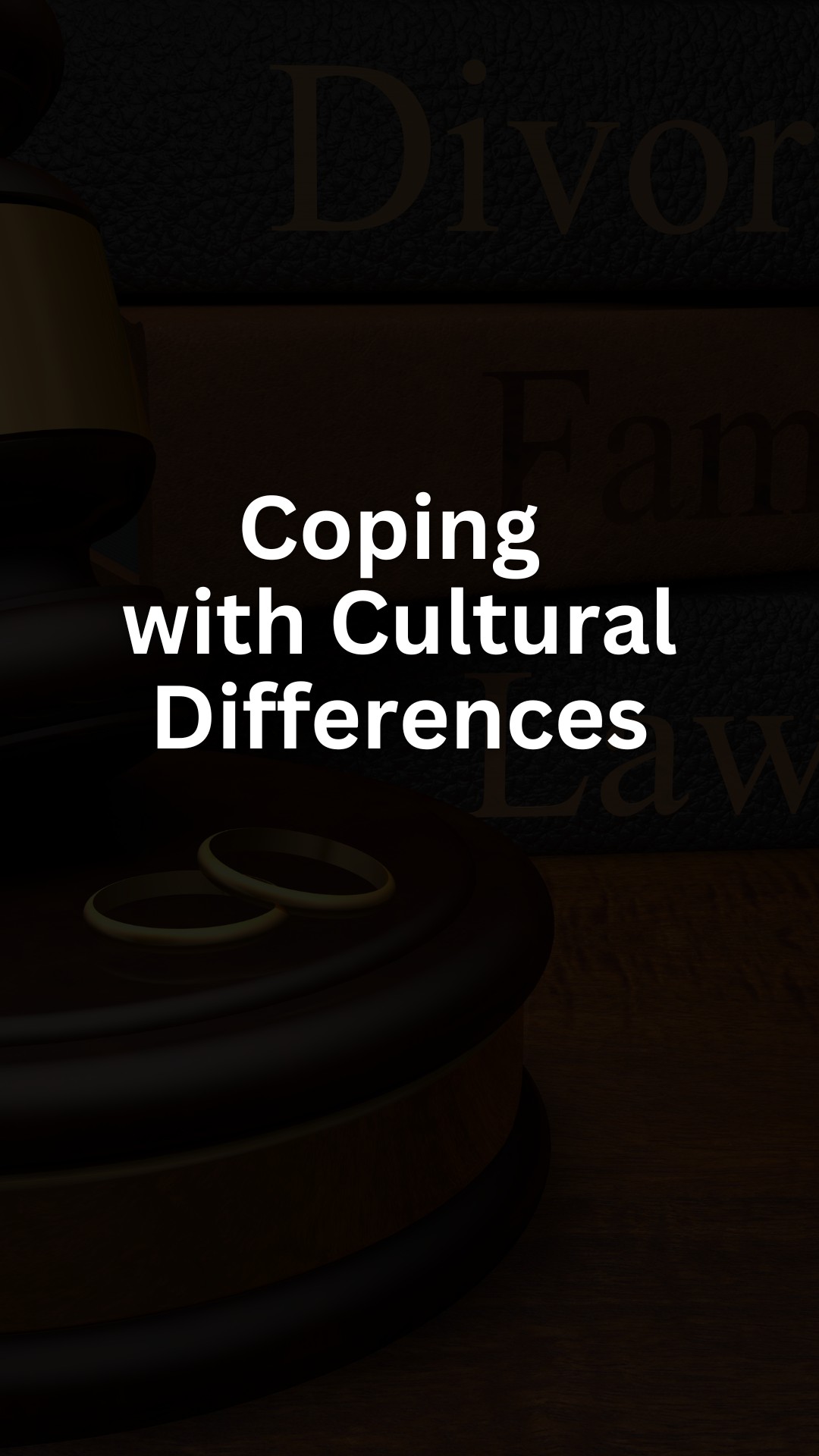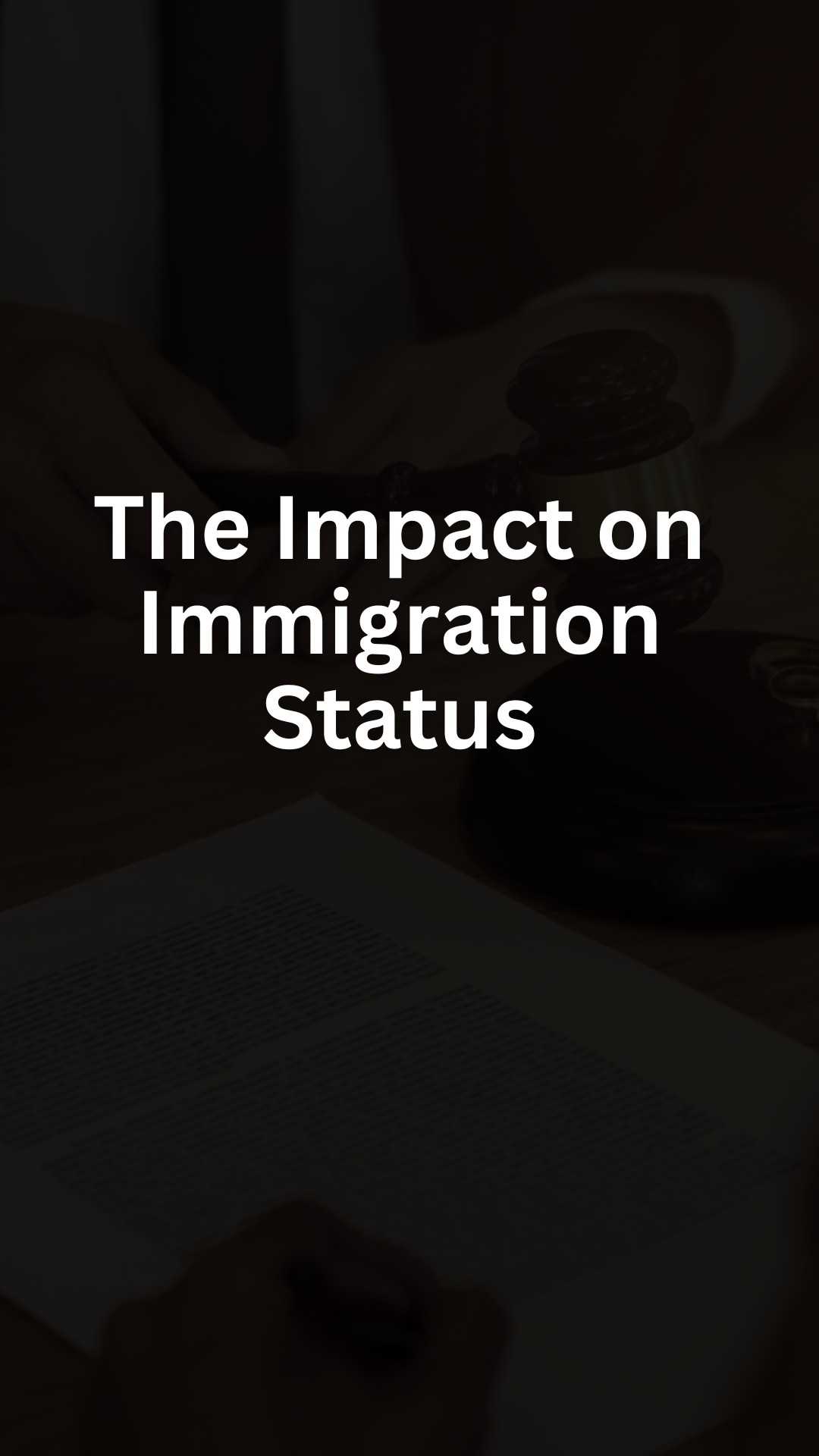Handling a divorce while living abroad as an expat can be particularly challenging. You’re navigating not only the emotional and legal aspects of ending a marriage but also doing so in a foreign country with different laws and cultures.
First, reach out to a lawyer who understands both the legal framework of your home country and your host country. They can guide you through the legal process, ensuring you’re aware of your rights and obligations.
Proper legal advice is crucial for avoiding mistakes that could complicate your situation.
In addition to legal help, consider seeking emotional support. Counseling, whether in person or through online services, can help you manage the stress and emotional toll.
Look for expat support groups who understand what you’re going through and can provide helpful coping strategies.
Understanding the Legal Landscape

When going through a divorce as an expat, it’s vital to know which country’s laws will apply to your case and how international laws might impact the proceedings.
Jurisdiction and Applicable Law
Jurisdiction determines which country’s courts will handle your divorce case. This can be complex for expats.
Typically, the country where you currently live has jurisdiction. If you and your spouse live in different countries, both may claim jurisdiction. This could affect how assets are divided and child custody is handled.
Each country has different laws and procedures for divorce. For example, some countries require a separation period before granting a divorce, while others do not.
Knowing these differences can help you prepare better.
Always consult a lawyer familiar with international divorce laws to navigate this process effectively.
International Law Considerations
International law plays a key role, especially when dealing with assets and children spread across different countries.
Treaties like the Hague Convention can ensure custody decisions are recognized internationally. This prevents custody battles in multiple countries.
Financial settlements can be tricky. Some countries recognize prenuptial agreements, while others don’t.
It’s important to understand how your country of residence views such documents.
Be aware of tax implications, as divorce can impact tax status in different countries.
Consulting a tax advisor is wise in such cases.
Navigating the Divorce Process

Divorcing as an expat involves unique challenges. You need to know the legal steps, handle documentation, and pay attention to cultural patterns in your current country.
Initiating the Divorce
The first step is to start the divorce process. You need to file paperwork in your current country or your home country.
Some countries require you to live there for a certain time before you can divorce. You might also need a local lawyer who knows both family and international laws.
Documentation and Legal Requirements
You must gather all necessary documents. These could include marriage certificates, residency permits, and financial records.
Some countries have different requirements. Check which documents are needed and make sure they are in order.
Having a checklist can help you stay organized.
Cultural Sensitivity and Legal Nuances
Different countries have unique cultural and legal views on divorce. You need to be aware of these differences to avoid problems.
Respect local customs and understand how they affect you. This will help you navigate the process smoothly.
Custody and Child Support Across Borders

Divorce becomes more complicated when you’re an expat. You’ll need to navigate different legal systems, and handling custody and child support can be particularly challenging.
Determining Custody Arrangements
When determining custody arrangements, consider the laws of both countries involved.
Some countries favor joint custody, while others might support sole custody.
Legal counsel familiar with the relevant jurisdictions can provide guidance.
Courts often prioritize the child’s best interests. Factors such as the child’s age, current living situation, and each parent’s ability to provide care are critical.
You might also encounter differences in how custody is enforced across borders.
Important points to consider:
- Parent’s legal rights in each country
- Child’s comfort and stability
- Laws about travel and relocation with children
Child Support Obligations
Child support obligations vary greatly between countries. The amount you must pay or receive might depend on each parent’s income, the child’s needs, and living costs in each country.
Understanding these obligations helps you prepare your finances accordingly.
You should be aware of how to enforce support payments internationally.
Some countries have agreements to recognize and enforce foreign child support orders, while others do not.
Consult with a family law expert who understands international agreements.
Things to keep in mind:
- Calculation methods for support
- International enforcement options
- Possible changes in support amounts over time
International Relocation Issues
Moving to a new country after a divorce can be very tricky, especially with children involved.
Courts usually require permission from the other parent or a court order to relocate. The primary concern is to ensure that the move is in the child’s best interests.
You’ll need to present a solid plan showing how the move benefits the child. This includes details about schooling, living arrangements, and maintaining the child’s relationship with the non-relocating parent.
Key considerations include:
- Legal requirements for relocation
- Impact on the child’s relationship with both parents
- Benefits of the move for the child’s well-being
Financial Implications of a Global Separation

A global divorce involves several financial considerations, including dividing assets spread across countries and understanding tax implications. You also need to consider how pensions and retirement funds will be impacted.
Asset Division
When you split assets across different countries, laws and regulations can vary.
You might have properties, bank accounts, or investments in several places. It’s crucial to know the legal requirements for each country.
Each country may have different rules for what counts as marital property.
You will need legal advice from experts familiar with international laws. This can help you make sure that the division is fair and legal in all involved jurisdictions.
Consider currency exchange rates too. Assets valued in different currencies could impact their worth when divided. This adds another layer of complexity to the process.
Tax Implications
Taxes can get complicated when you divorce internationally. Each country has its own tax laws, and you must follow them all.
Divorce can affect your tax status, and you may owe taxes in more than one country.
Seek advice from tax professionals who understand international taxation. They can help you manage your tax obligations.
You might face taxes on property transfers, alimony, and other financial aspects of your divorce.
Filing taxes in multiple countries can be confusing. Each country might have different deadlines and forms.
Keeping organized records and seeking professional help is essential to avoid issues.
Pension and Retirement Funds
Your pension and retirement funds, accumulated in different countries, may also be subject to division.
Understanding the laws governing these funds can be tricky. Each country might have its own regulations about how these funds can be split.
You need to find out if your retirement funds from one country can be transferred to another. Sometimes, transferring funds is not possible or may result in penalties.
Consulting with financial advisors with international experience can help you navigate these challenges.
Also, consider how your future retirement plans will be affected.
Splitting retirement funds can significantly impact your financial security after retirement. Ensure you have a clear plan to maintain your financial stability.
Support Systems for Expats

When you’re navigating divorce as an expat, having the right support systems can make a world of difference. Emotional and professional services are key areas to consider.
Emotional Support Networks
Feeling isolated is a common experience for expats. Building a strong emotional support network is crucial. This can include:
- Friends and Family: Reach out to loved ones, even if they are far away.
- Expat Communities: Many cities have groups and clubs for expats. These can provide a sense of belonging.
- Counseling Services: Professional counselors specializing in expat issues can be very helpful.
Using these resources can help you manage stress and emotional challenges better.
Professional Services and Assistance
Legal and financial matters can be complex for expats. Seek out professional services such as:
- Lawyers: An attorney experienced in international divorce laws can guide you.
- Financial Advisors: They can help you manage assets and understand tax implications.
- Mediation Services: These can assist in negotiating terms and reduce conflict.
Having professionals on your side ensures you handle the legal and financial aspects effectively.
Coping with Cultural Differences

When going through a divorce as an expat, cultural differences can create unique challenges.
One key step is to learn about your host country’s divorce laws. They might be different from what you’re used to. Make sure to understand the legal process and rights in your new country.
Language barriers can also be tough. If you don’t speak the local language fluently, consider hiring a translator or a lawyer who is bilingual.
Family and friends can offer emotional support, but it can be different if they come from another culture. Their advice might not always apply to your situation due to cultural variations in handling divorce.
Sometimes, cultural differences can impact child custody arrangements. Different countries have various views on parenting roles. Being aware of these viewpoints can help in discussions and negotiations.
You may also need to adapt to different social norms. Divorce might be viewed negatively in some cultures. Be prepared for varying levels of acceptance and support from the community.
Support groups for expats can be very helpful. They offer a space to share experiences and advice on coping with cultural differences. Look for local or online groups where you can connect with others who understand your situation.
Navigating different personal values can be tricky. Cultural backgrounds shape our views on relationships and family. Being open-minded and respectful can help in managing these differences.
The Impact on Immigration Status

When you go through a divorce as an expat, your immigration status can be affected. It depends on the type of visa you have.
Dependent Visas
If you are on a dependent visa, you might lose your right to stay in the country once the divorce is finalized. You need to act quickly and explore other visa options.
Work Visas
If you hold a work visa of your own, your immigration status might not change. Your visa remains valid as long as you keep your job and meet other requirements.
Permanent Residency
If you have permanent residency, a divorce usually won’t affect your status. You still need to inform immigration authorities about the change in your marital status.
Steps to Take
- Check the terms of your visa.
- Consult an immigration lawyer.
- Inform local authorities if required.
- Consider other visa options if needed.
Note: Always make sure you understand your rights and obligations.
Rebuilding Life After Divorce

After a divorce, it is important to focus on adjusting to single life and establishing a new routine that works for you. Address the emotional, social, and practical aspects of your life to help you move forward.
Adapting to Single Life
Adjusting to single life can be challenging. You may feel lonely at times, but it’s important to stay connected with friends and family. Building a support network can help you feel less isolated.
Consider joining social groups or clubs that match your interests. This is a good way to meet new people and form new friendships.
Rediscover hobbies that you enjoy or try out new activities to keep yourself engaged and active.
Maintaining a healthy routine is crucial. Regular exercise, healthy eating, and getting enough sleep can improve your mood and energy levels.
Don’t hesitate to seek professional help if you’re struggling emotionally. Therapy and counseling can offer valuable support and guidance.
Creating a New Normal
Establishing new routines and habits is essential after a divorce.
Start by organizing your living space to reflect your new life. Create a comfortable and personal environment that makes you feel at home.
Set new goals for yourself.
This can include career goals, personal development, or travel plans. Having something to work towards can give you a sense of purpose and direction.
Financial stability is also important.
Review your budget and make any necessary adjustments. Consider seeking financial advice to manage your finances effectively and plan for the future.
Finally, be patient with yourself.
Rebuilding your life after divorce is a process that takes time. Celebrate your progress, no matter how small it may seem.
Staying Connected with Children Post-Divorce

After a divorce, staying close to your children is important.
Regular contact helps them feel secure and loved.
Use Technology Wisely:
- Video Calls: Set up regular video chats.
- Messaging Apps: Share daily updates and photos.
- Social Media: Create a private family group to share milestones.
Visit When Possible:
Plan visits during holidays or weekends. Quality time in person strengthens your bond.
Send Care Packages:
Small gifts, letters, and photos show you care. Personal touches matter more than expensive items.
Be Consistent:
Consistency helps your children know when to expect communication. Set a schedule and stick to it.
Talk Openly:
Encourage your children to share their feelings. Listening shows you value their emotions.
Coordinate with Your Ex:
Work together to ensure your children’s routines remain stable. Avoid conflicts that can disrupt their lives.
Stay Informed:
Keep up with their school events and hobbies. This helps you stay part of their daily life even from afar.
Planning for the Future

After a divorce, it’s crucial to make adjustments to your financial and legal plans. This will ensure that your future needs, and those of your children if you have any, are taken care of properly.
Revising Wills and Estate Plans
When you go through a divorce, your will and estate plans may no longer fit your situation.
You need to remove your ex-spouse’s name from any documents where they are a beneficiary, executor, or trustee. This includes wills, trusts, and power of attorney documents.
If you have kids, think about who you want to be their guardian.
Make sure you update your will to reflect this. You should also consider speaking with a legal expert who understands the laws of your home country and your host country. They can guide you on how to properly update your estate plans.
Insurance Adjustments
Divorce also affects your insurance policies.
You should update life insurance to change beneficiaries if your ex-spouse is listed. Check health, home, and auto insurance too. Remove your ex-spouse from these policies if needed, and update your contact information if you’ve moved.
If you have children, make sure they are still properly covered.
This may mean getting new policies or making adjustments to existing ones. Speak to an insurance agent to understand any specific steps you need to take based on your current policy and any new ones you might need.
Frequently Asked Questions

Getting a divorce as an expatriate involves unique challenges such as legal and financial issues, child custody concerns, emotional strain, and impacts on residency and immigration status.
What are the legal requirements for expatriates to obtain a divorce in a foreign country?
The legal requirements differ from country to country.
You need to understand the specific laws where you are living.
Consult with a local lawyer who specializes in family law to ensure you meet all the necessary criteria.
How can expatriates navigate custody disputes when divorcing abroad?
It’s crucial to know the custody laws in the country where you reside.
These can be different from your home country.
Find a lawyer experienced in international custody cases to help you manage the legal process and protect your parental rights.
What steps should be taken to ensure financial security during and after an expat divorce?
First, gather all financial documents and assess your assets and debts.
Then, consider opening a separate bank account and monitor your credit report.
Consult with a financial advisor who understands expatriate issues to help plan your financial future.
How does one cope with the emotional challenges of divorcing while living overseas?
Connect with support groups or therapists who understand expatriate issues.
Stay in touch with family and friends back home through calls or video chats.
Seek out community activities and stay engaged to reduce feelings of isolation.
What are the implications of expat divorce on residency and immigration status?
Divorce can impact your right to stay in your host country, especially if your visa is tied to your spouse.
Consult with an immigration lawyer to understand how your residency status may change and what steps you need to take.
How can expatriates determine if their divorce decree will be recognized in their home country?
Different countries have different rules about recognizing foreign divorces. Check the laws in your home country for specific requirements.
Work with a legal professional who specializes in international law. They will ensure your divorce decree is valid both abroad and at home.